Estate Planning
For families who have a child with a disability, estate planning is especially important. Planning ahead will ensure that your child has a competent guardian who has resources available to meet your child’s needs.
Planning ahead will ensure that your child has a competent guardian who has resources available to meet your child’s needs.
While our estate planning practice focuses on families who have children with disabilities, we certainly have the expertise to handle estate planning for families who are fortunate enough not be be affected by disabilities. If you have children an estate plan is an important aspect of planning for their future. Most children who have a disability will need to rely on government supports and services for healthcare, housing, and vocational supports or day training and habilitation when they are older. Unfortunately, eligibility for these programs is predicated on impoverishment. That means your child will be ineligible for benefits such as social security and medical assistance if you leave them any inheritance or life insurance proceeds. The solution is a supplemental needs trust. For most people, estate planning is a simple process that includes a Will, Power of Attorney and Health Care Directive. If minimizing estate taxes are a consideration, then your estate plan should include tax planning. If you have a child or grandchild who has a disability, then you should consider establishing a supplemental needs trust.
We offer free initial consultations for all estate planning inquiries. The information below provides a summary of some of the tools involved in estate planning. Additional services are available. Please contact us for further information.
LAST WILL AND TESTAMENT
Your Will is important because it sets forth your wishes for distributing your assets upon your death and for the future care of your children. Your Will also states who will be in charge of collecting your assets, paying your bills, and making the appropriate distributions. This person is called the “personal representative.”
Your Will sets priority for the selection of the guardian for all of your children under the age of 18 and for the lifetime of any child who has a disability. If you do have minor children, then your Will should also contain testamentary trust provisions in case you die while they are too young to receive and manage an inheritance. These provisions are important aspects of planning for the future of your children in case something ever happens to you.
If you have a child or grandchild who has a disability, then your Will should actually exclude that child and, instead, make a distribution to a Supplemental Needs Trust. This enables the disabled child to receive the benefit of the gift you want t leave for him or her without jeopardizing his or her eligibility for government services and supports that are vital for health care, housing, and employment of day training and habilitation (depending on the age of the child). A well drafted Will can help ensure that probating your estate will be relatively simple and inexpensive. For this reason, taking care of your estate plan is a gift to your family.
POWER OF ATTORNEY
A Power of Attorney designates the person you want to take care of financial matters in the event you are unable to do so. Having a Power of Attorney means that someone else can pay your bills, keep the business running, or wrap of the house closing in the event you are incapacitated or even just out of town.
HEALTHCARE DIRECTIVE
The Health Care Directive is similar to a Power of Attorney, except that it only concerns healthcare issues. The Health Care Directive designates the person who will make health care decisions for you if you are incapacitated. The Health Care Directive also sets forth your wishes for how those decisions should be made, what should be done with your remains, whether you want heroic measures to prolong your life, and whether you wish to be an organ donor.
Our Services









